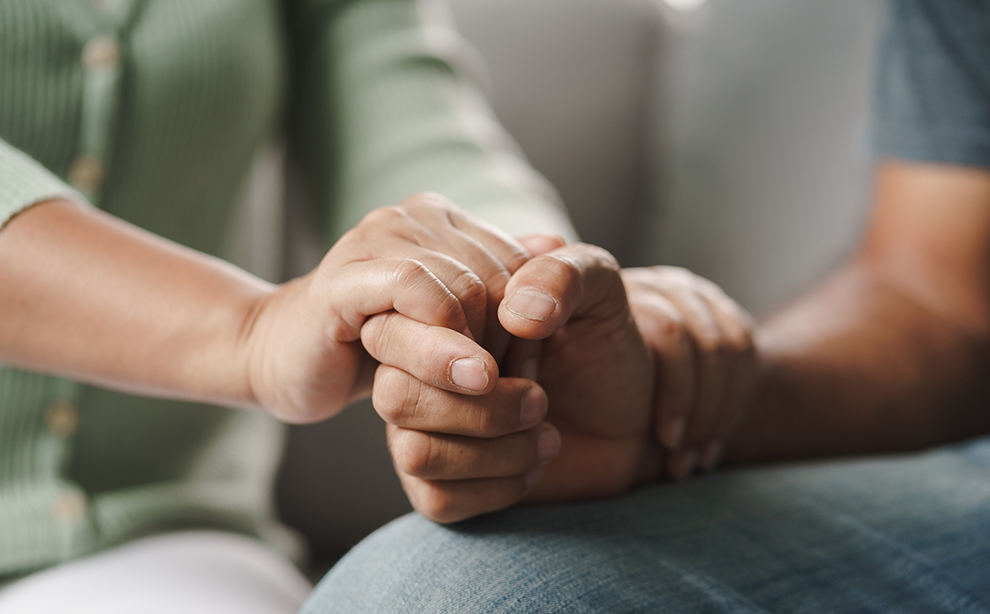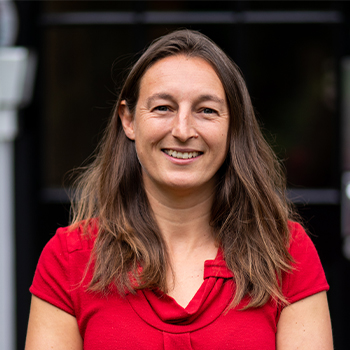Deborah died of cancer at home in January 2019 after months of discomfort, pain and distress. Tragically, it was all avoidable.
Deborah’s story goes back to 2013, when she had an operation to remove multiple instances of Paget’s disease from her vulva. Her condition, which disrupts the normal cycle of skin renewal, was monitored until July 2016.
At that point, Deborah understood that she would be seen again in four to six months’ time. However, she didn’t receive any more appointments.
In August 2018, Deborah realised she had a lump in her vulva. Her GP referred her to the Gloucestershire Royal Hospital where she found out her Paget’s disease had spread. There was also a mass in her abdomen.
A CT scan suggested the lump wasn’t likely to be cancerous but did need to be removed. As a result of the operation to remove the lump, Deborah needed a catheter to urinate. Despite this, she was discharged home, where her family provided the high levels of care and assistance she needed.
In November 2019, Deborah was told the lump was cancerous. Urgent CT and MRI scans were supposed to be arranged but weren’t. To avoid losing any more time, Deborah and her family arranged for these to be undertaken privately later on in November 2019.
The scans showed Deborah had Stage 4 cancer in the vagina and urethra. She also had secondary cancers in her liver, pelvis and chest. It was too late for anything to be done, although a course of radiotherapy could slow the spread of the disease.
Even after the radiotherapy, the disease was still spreading rapidly. Deborah was told she had a life expectancy of just a few months.
At this point, Deborah was still struggling with her catheter and had also developed pressure sores, which were causing even more pain and distress. Her family arranged for her to be admitted to the Sue Ryder Care Home for respite. Deborah then returned home where she passed away in January 2019.
After Deborah’s death, her children, Penny and Martin, approached Medical Accident Group for help and were advised by medical negligence specialists, Elizabeth Wickson and Ally Taft. They wanted their mother’s medical treatment to be investigated to find out if anything could have been done differently.
Have you or someone you know experienced unacceptable or negligent standards of care? We can help
There was one simple question that needed to be addressed in this case. If Deborah’s regular check ups had continued after July 2016, could her experiences have been avoided?
The simple answer was yes.
This was the view of Mr Nunn, the gynaecologist and expert in the treatment of Paget’s disease we asked for advice in this case.
He said that if Deborah had been seen regularly after July 2016 as she should have been, the cancer would have been diagnosed much earlier.
If that had happened, Deborah could have expected to have lived another five or six years.
We put our case to Gloucestershire Hospitals NHS Trust, which was responsible for Deborah’s care.
The Trust admitted full liability for Deborah’s death. We agreed compensation that included damages for pain, suffering and loss of amenity. It also covered the costs of private treatment costs, respite care and funeral costs.
Medical Accident Group’s Ally Taft said: “If Deborah’s case had been monitored in the way it should have been, her cancer would have been found at a much earlier stage and could have been cured with radiotherapy and surgery. The surgery would have been much less intrusive so it wouldn’t have led to the complications that meant Deborah couldn’t urinate. She would have avoided the pain, suffering and loss of dignity she experienced before she died. I am pleased we were able to secure recognition of these facts for Deborah’s family.”
As a result of Ally’s work, Sue Ryder Leckhampton Court Hospice was compensated for the costs of Deborah’s respite care. Mike Tague, Head of Hospice Fundraising at the hospice, said: “On behalf of everyone here I would like to thank you and your colleagues for all the hard work you carried out to reclaim the costs of care for Mrs Spence for us.”
If you have experienced the loss of a loved one because of poor standards of care, our claims experts can help you with your claim – call us on 0800 050 1668 or email using our online form.





